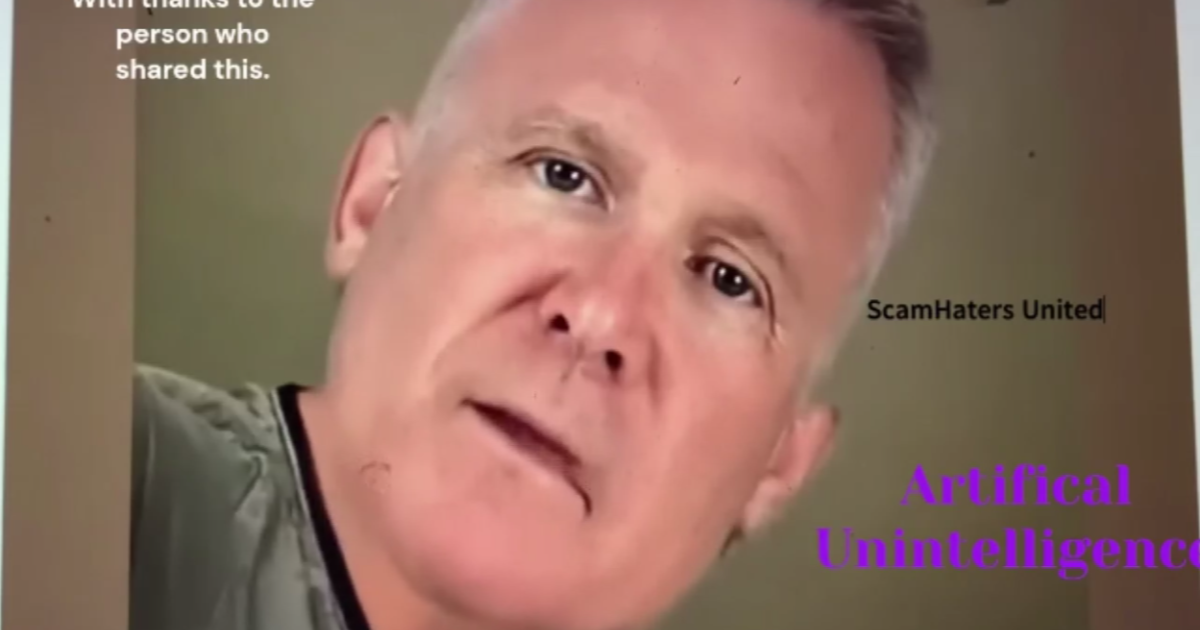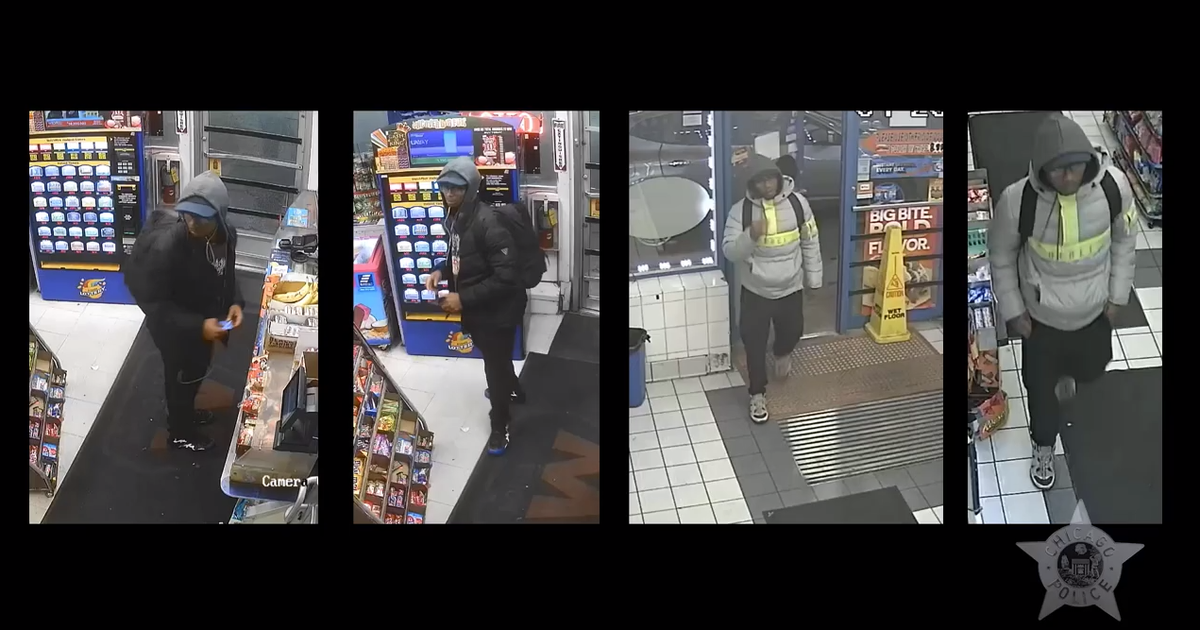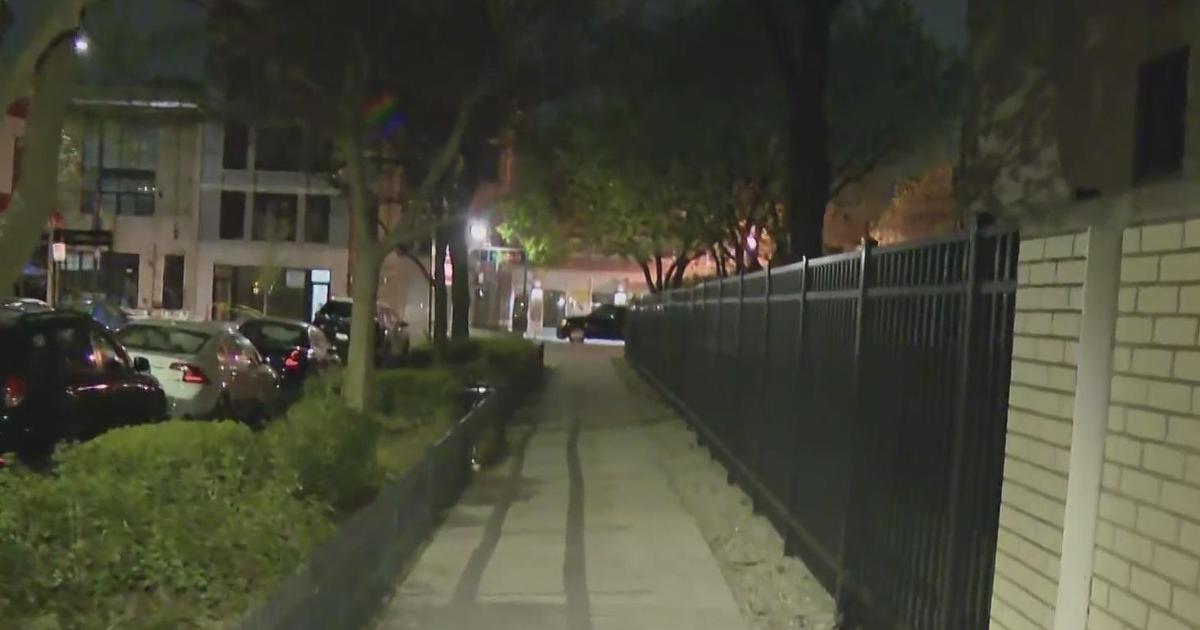'This Is The Only Way Forward. This Virus Is Unforgiving': Epidemiologist Backs Order To Stay Home During Coronavirus Outbreak
CHICAGO (CBS) -- With Illinois residents now facing an order to stay at home for more than two weeks -- except to get food, medicine, or treatment -- a leading expert in the spread of diseases said people need to know the only way to slow the spread of the coronavirus is to take "drastic measures."
"This is the only way forward," said Dr. Emily Landon, lead epidemiologist at University of Chicago Medicine. "This virus is unforgiving. It spreads before you even know you've caught it, and it tricks you into believing that it's nothing more than a little influenza."
"For many of us it may not be much more than the flu, and so it could be very confusing as to why schools are closed, restaurants are shuttered, and now the virus is taking what's left of our precious liberty, but the real problem is not the 80% who will get over this in a week, it's the 20% of patients – the older, those that are immunocompromised, those that have other medical problems – who are going to need a bit more support; some oxygen, or maybe a ventilator, life support," she added.
Landon is one of many doctors who has been advising Gov. JB Pritzker on the state's response to the COVID-19 pandemic, and she said hospitals and doctors across the state support the governor's decision to issue a "stay at home" order, which goes into effect at 5 p.m Saturday, and continues through April 7.
Under the statewide "stay at home" order, people will still be able to go out to get food from the grocery or get carryout from a restaurant; to get medical supplies from the pharmacy; to visit their doctor or healthcare provider; to fill up their car at the gas station; or to go for a run, hike, or walk with their dog as long as they practice social distancing. Pritzker also said many people will still be able to go to work.
Landon acknowledged the new restrictions are extreme, but she said enforcing social distancing in this manner is the only way to prevent hospitals from being overwhelmed with patients and reduce the number of people who will die from the virus.
"In short, without taking drastic measures, the optimistic and healthy among us will doom the vulnerable. We have to fight this fire before it grows to high," she said. "If we let every single patient with this infection infect three more people, and then each of them infect two or three more people, there won't be a hospital bed when my mother can't breathe very well, or when yours is coughing too much."
Hospitals already are struggling to cope with the virus, according to Landon, noting there is no vaccine or medical treatment for COVID-19, along with barely enough protective gear for their current staff.
"Despite doing our best to prepare for a respiratory virus pandemic, we now find ourselves facing a brand new virus with too little information, not enough personal protective equipment, changing protocols every single day, and no second chances," Landon said.
The health care industry won't be able to take care of everyone at once if the virus spreads too quickly, and can't keep the mortality rate low if they can't provide the care patients need, Landon said.
Public health officials announced Friday that Illinois now has 585 confirmed cases of coronavirus, up from 422 on Thursday. Landon said those figures represent people who were infected with the virus a week ago, but only recently started feeling sick. She said people who got infected on Friday won't know it for another week or so, meaning cases will continue to rise until widespread social distancing measures can put a dent in the infection rate.
Landon said the governor's "stay at home" order will help protect first responders and health care workers, while giving factories more time to ramp up production of protective supplies, and labs to come up with a vaccine or medical treatment.
"These extreme restrictions may seem, in the end, a little anti-climactic, because it's really hard to feel like you're saving the world when you're watching Netflix from your couch, but if we do this right, nothing happens," she said. "A successful shelter in place means that you're going to feel like it was all for nothing, and you'd be right, because nothing means that nothing happened to your family, and that's what we're going for here."
"This isn't the life any of us expected, and certainly there are others who will make much greater sacrifices, and there are many more disappointments to come, but this isn't going to be forever," Landon said. "It will last longer than any of us want it to, but in the end we will look back and see it as just a piece of what happened in our whole lives, and we have to remember that."



